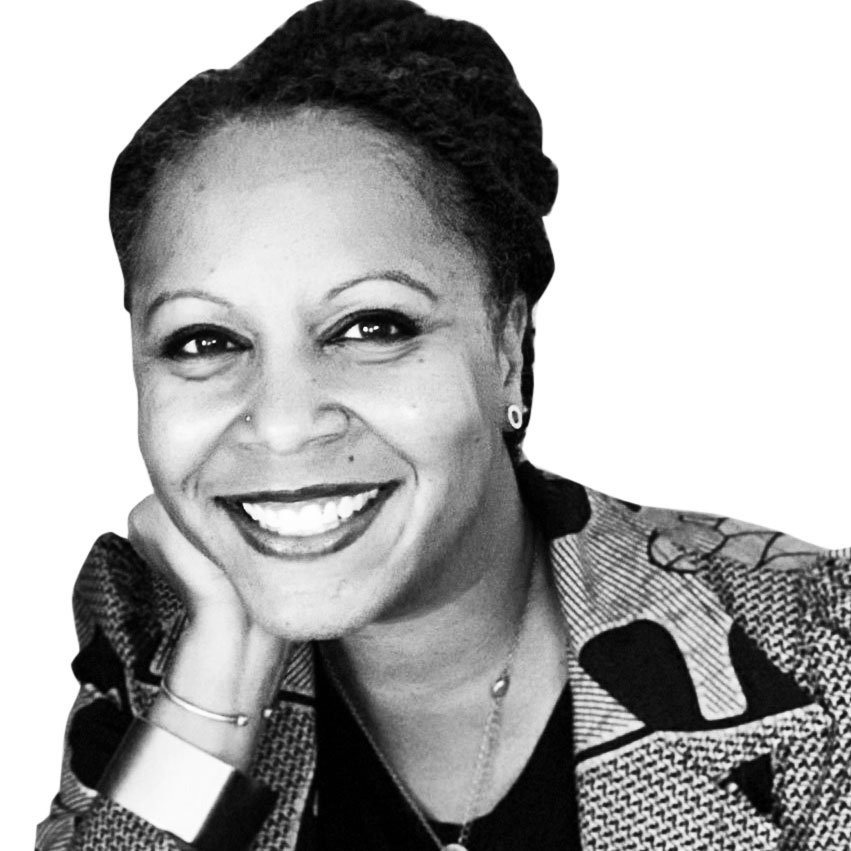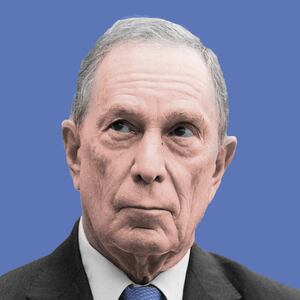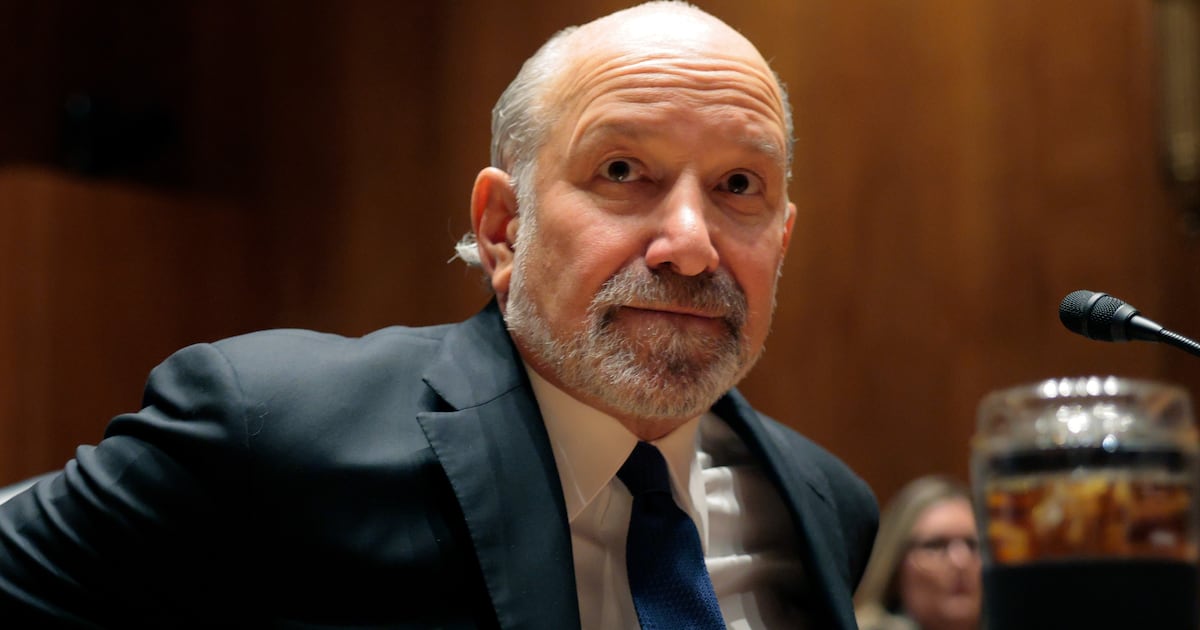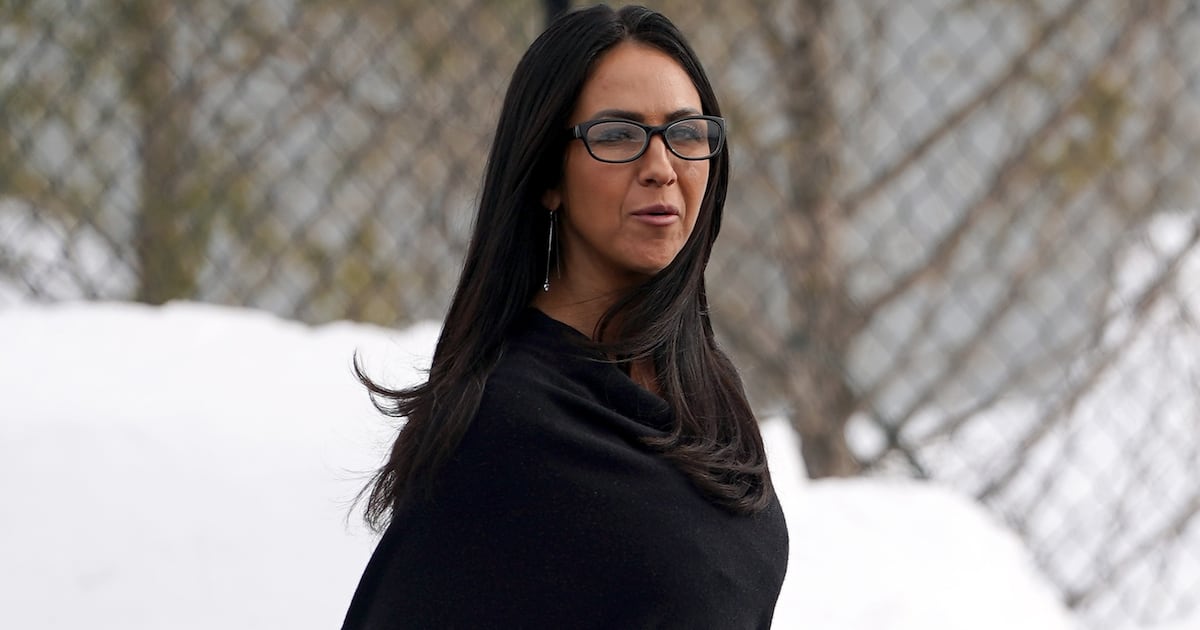Hours after this story was first published (with this opening paragraph reading “There are signs that black support for Mike Bloomberg in 2020 could be a mirror image of white support for Trump in 2016, when voters who didn’t want to admit their decision to pollsters nonetheless pulled the lever for him”), Quinnipiac released a new poll showing that black voters are warming to his campaign. Bloomberg shot up 7 points to third overall in the new poll released Monday afternoon, just two points behind Biden, who dropped 7 points. And Bloomberg shot up to second among black voters at 22%, behind Biden at 27% and falling.
The headline here had asked, “Are Black Voters Quietly Turning to Mike Bloomberg?” The answer for many appears to be “yes,” and not so quietly.
Despite a mayoralty defined by the billionaire’s “luxury product” vision of the city that sanctioned stop-and-frisk dragnet policing of men of color, the evaporation of affordable housing, an explosion in the numbers of homeless people, and an exodus of working-class New Yorkers, I’m hearing daily from Democrats evaluating the current crop of candidates and concluding that Bloomberg is best situated to beat Trump and to run the country.
I have spoken to three black NYC political operatives who are quietly thinking about joining the campaign, which is gaining momentum, hiring nationwide, and paying top dollar. These aren’t mercenaries but self-defined pragmatic progressives who believe Bloomberg has the best chance at an electoral victory against Trump in November. I have spoken to a friend who says his black fraternity’s message boards—full of college-educated black men of diverse financial backgrounds, in various professional sectors, living in towns and cities across the country—are full of favorable talk about Bloomberg. As I’m writing this on a trip to Los Angeles, I was surprised to hear my friends here—a diverse group of fortysomething progressives in different professions and from different backgrounds—saying not only that they thought Bloomberg could win but they were inclined to support him.
There’s a reason Bloomberg launched his campaign by delivering a badly overdue apology at the Christian Cultural Center in East New York for the explosion of stop-and-frisk policing on his watch and at his behest—support for him is not seen as socially acceptable in many black circles, regardless of class. That one-time apology was meant to put a decade of black and Latino subjugation behind him but, since black women are the keepers of democracy and the Democratic Party, many pundits thought that the issue would keep him from really competing in the party’s primary.
With Trump looming as the alternative, however, it’s possible that Bloomberg is building a base of support that won’t register in the polls until black voters turn out in large numbers to make a hard choice in South Carolina and then on Super Tuesday.
Black voters are strategic voters. As the great political scientist Charles V. Hamilton famously wrote, black voters often stay in a protectionist mode out of a keen sense of the limits to American democracy. Advancement is a risky proposition for a group of people who have only been voting under the full franchise of the law for a little over 50 years, and, as we know, even that is tenuous.
Candidates like Bernie Sanders propose blowing up the ship, but it is black voters who built the ship, as wayward as it may be. Joe Biden presented a more moderate vision along with his association with Barack Obama, but his promise that he can beat Trump has been sorely tested by the struggles of his campaign so far. Other moderates, like Pete Buttigieg and Amy Klobuchar, are viewed as out of touch by many black voters. Former Massachusetts Gov. Deval Patrick, an African-American success story and personal friend of Obama, entered the race awfully late and hasn’t resonated yet with black voters, or anyone else.
Meanwhile, Bloomberg has shot up to third place in the national polls after less than three months in the race, while outspending his opponents at a scale never before seen in American politics.
While other Democrats are fighting in one early state at a time, Bloomberg has been using his fortune to advertise (and build a field operation) nationally. He spent $200 million in the last quarter of 2019, effectively lapping the spending of his competitors in the Democratic field combined over the full year—and that’s just a taste of the spending to come in 2020. While other candidates need to spend time to raise money and carefully conserve the money they have, Bloomberg has effectively inexhaustible resources. Last October, Forbes estimated his fortune at $52 billion. Now, it’s $61 billion. If he spent an additional $200 million every week between now and Election Day, he’d still have more than $52 billion left.
Anyone who lived in NYC between 2001 and 2009 knows the power of Bloomberg flooding the airwaves and mailboxes. You couldn’t escape him and his tailored and well-crafted messaging. He was a manager with a legitimate business success story, unlike the failed developer turned reality-TV star currently occupying the White House. As mayor, Bloomberg helped NYC ascend from the precarious post-9/11 financial era and ran an administration rarely touched by corruption or personal scandal—while also spending half a billion dollars on his campaigns, or nearly $100 a vote, and even that’s not counting hundreds of millions more on personal and charitable giving that benefited him politically.
While he was first elected as a Republican and his social policies were a mixed bag, at best, the level of organized elite black opposition to Bloomberg and his policies was almost nonexistent. It was an open secret that pastors and others were rewarded for their support or reticence.
That playbook is being used again now as Bloomberg has been racking up endorsements from prominent black mayors across the country, including rising star Mike Tubbs of Sacramento, former Philadelphia Mayor Mike Nutter, and Muriel Bowser of Washington, D.C.
I don’t think Bloomberg expects to win a majority of black women on Super Tuesday, but I know that he and his team have worked out the percentage needed (along with a plan for the endorsements from black women needed to persuade white Democrats about his viability) and will craft detailed messaging and spend whatever is needed to hit that number.
From what I’m hearing this year, and have seen in past ones, I’d advise caution before betting against him.







